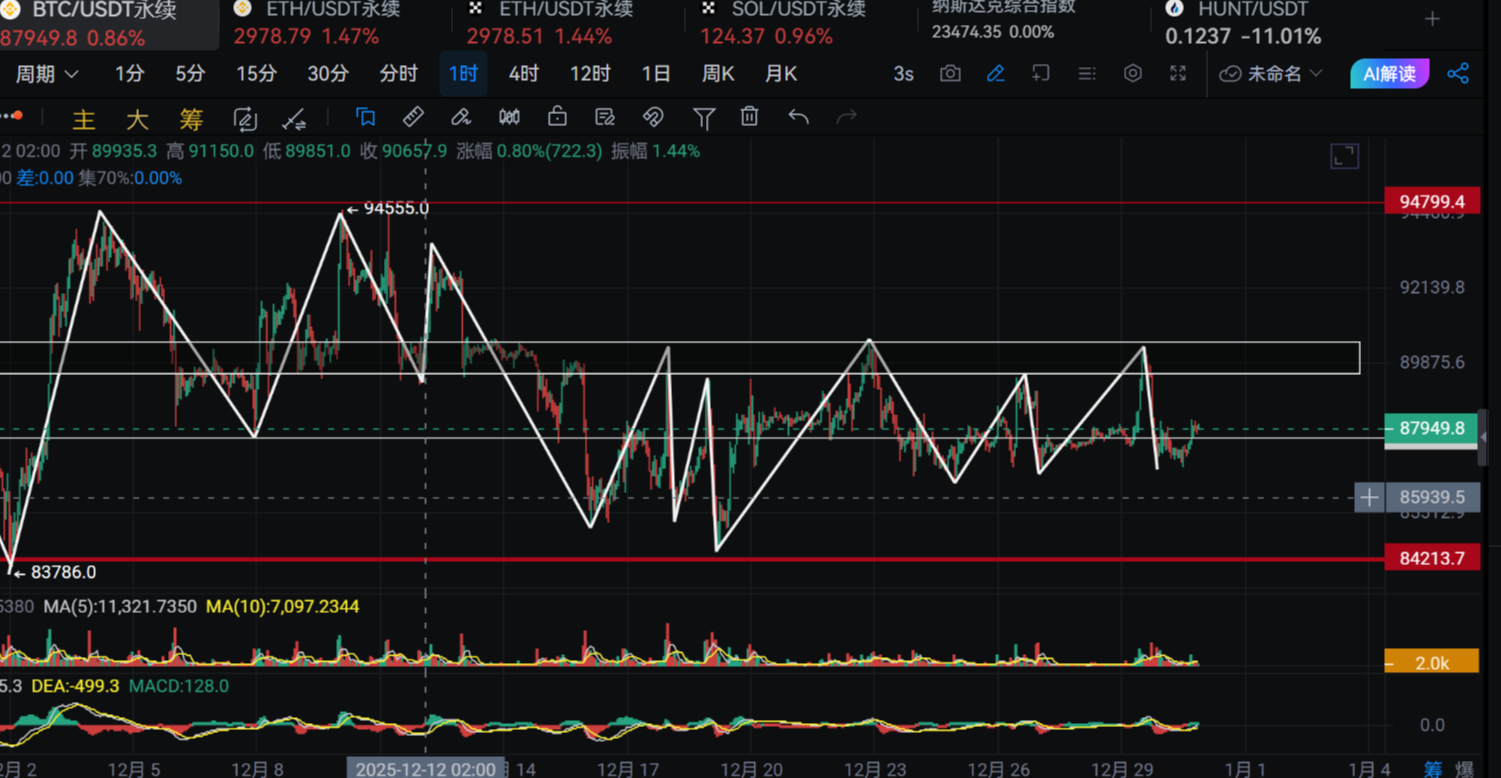In the previous article, I mentioned at the end a recent conversation that Vitalik had with the Chinese community published by Block Rhythm. Today, I would like to share some of Vitalik's views on decentralization from that conversation.
- "If you need to distinguish which blockchains are 'truly decentralized', you can use a relatively simple test: if its foundation disappears, can the chain survive? I have a feeling that only Bitcoin and Ethereum can clearly answer: of course, they can. Most of Ethereum's development is outside the foundation, the client teams have independent business models, and now many researchers are not in the foundation; almost all activities, except for Devcon, are independent. Reaching this stage is difficult; five years ago, Ethereum was not like this."
I greatly appreciate Vitalik's response to this point.
He explained the role of the Ethereum Foundation quite clearly, which is that Ethereum can still operate independently even if it leaves the foundation. Such a blockchain is a system that can operate independently of interference from a specific institution.
As far as I know, many blockchains are even sponsored by foundations in terms of node operation; without the foundation's financial support, those chains would struggle to maintain operations. Some chains have nodes that are completely controlled by the foundation.
For such blockchains, controlling the foundation essentially means controlling the entire chain.
This so-called "blockchain" can play a certain role in a specific niche, but it certainly cannot support grand commercial scenarios and the broadest human collaboration, which also means it cannot achieve the longest-term price increase and the greatest value.
- "Giving up these advantages in pursuit of TPS is a big mistake because there will always be new chains emerging that suddenly have even higher TPS than you. But decentralization and resilience are valuable, and very few blockchains have them."
The point Vitalik mentioned is aimed at Layer 1 (L1) blockchains, not at Layer 2 or even lower-level blockchain expansions.
In fact, this point has long been a focal point of debate within this ecosystem and has reached a certain consensus early on.
Unfortunately, no one has mentioned this point for a long time, especially in this cycle. I believe the fundamental reason is that short-term interests have blinded many people's eyes, causing them to forget long-term benefits and the fundamentals.
In fact, the topic was first raised in relation to Bitcoin.
At that time, many people believed that Bitcoin's TPS was too low, so a series of altcoins with much higher TPS were developed.
But in my view, while a low TPS is certainly not an advantage of Bitcoin, it is also not a fatal flaw; rather, it is a compromise made to achieve decentralization.
In fact, when Vitalik proposed developing Ethereum, the main issue he targeted was not Bitcoin's low TPS, but its inability to support Turing-complete operations.
Vitalik's point that there will always be new chains with higher TPS than existing blockchains is a good one. This is also an inevitable result of technological progress.
In fact, without technological progress, even with current technology, blockchains will never match centralized systems in terms of TPS.
I have always believed that if Alibaba or Tencent were willing to publicly create a high TPS chain, they could definitely surpass all current blockchain teams; they just haven't done so for various reasons. However, they could never create something better than Bitcoin and Ethereum; even if they technically achieved it, it wouldn't actually operate.
The primary characteristic of a Layer 1 blockchain is decentralization, and to achieve decentralization, certain sacrifices in efficiency/TPS must be made.
Therefore, a truly decentralized Layer 1 blockchain having a low TPS is not an advantage, but a normal phenomenon; it is a compromise that must be made.
Thus, every time I see a new public chain (L1) that promotes TPS as its core selling point, I wonder: how can such a "chain" still attract investment?
If the investors behind these chains are retail investors, it doesn't matter, but if they are some so-called capital, I will greatly discount my view of that capital; in fact, such capital is not uncommon in this ecosystem.
Reference link:
https://www.theblockbeats.info/news/56951
免责声明:本文章仅代表作者个人观点,不代表本平台的立场和观点。本文章仅供信息分享,不构成对任何人的任何投资建议。用户与作者之间的任何争议,与本平台无关。如网页中刊载的文章或图片涉及侵权,请提供相关的权利证明和身份证明发送邮件到support@aicoin.com,本平台相关工作人员将会进行核查。




